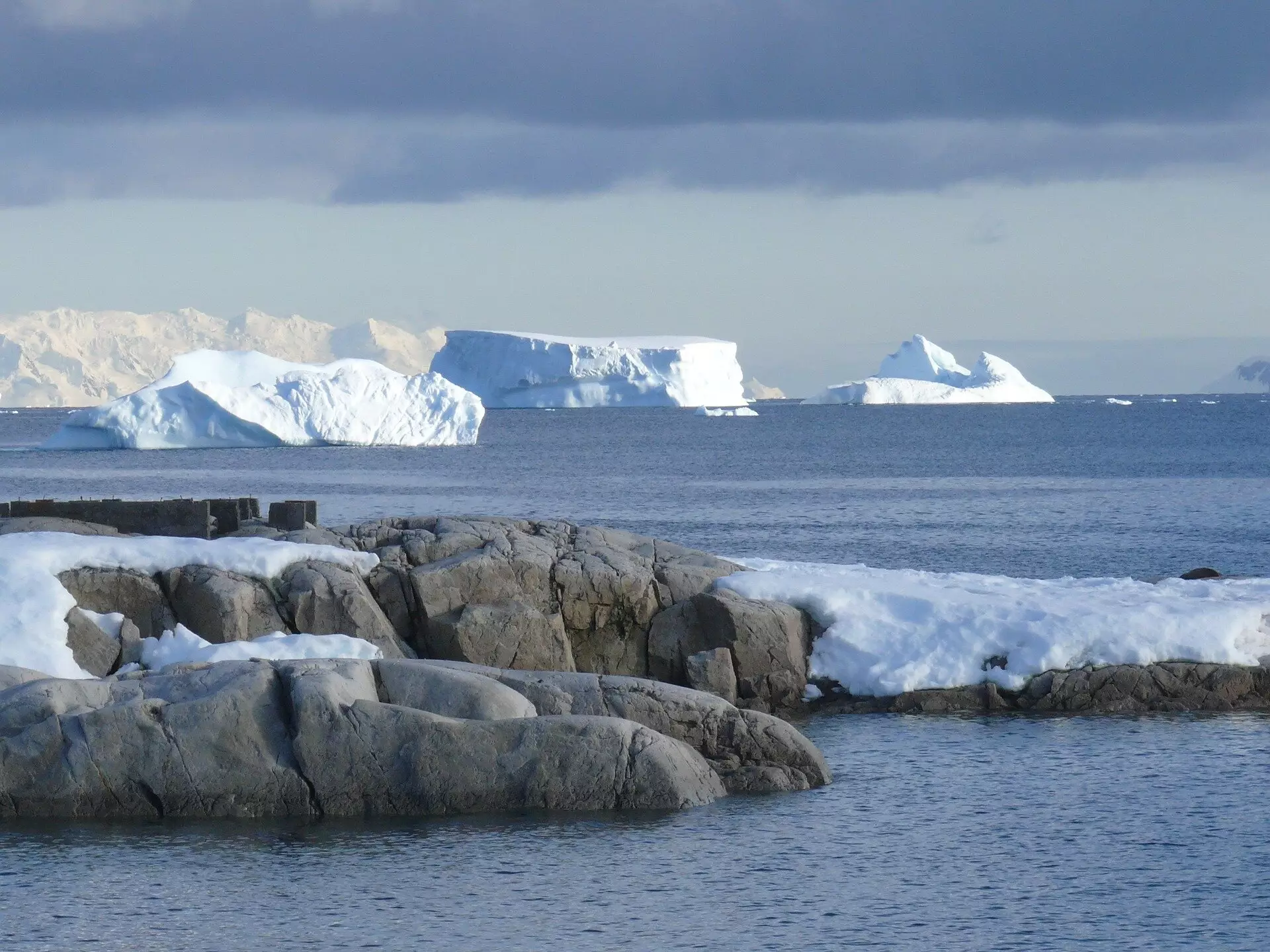In the year 2023, scientists at the British Antarctic Survey (BAS) observed historically low levels of sea ice around Antarctica. This drastic reduction, equivalent to about ten times the size of the UK, was unexpected following decades of steady growth in sea ice up to 2015. The researchers found that this record-breaking event was highly unlikely to have occurred without the influence of climate change. The results of their study, published in the journal Geophysical Research Letters, shed light on the significant impact of climate change on Antarctic sea ice.
Lead author Rachel Diamond explained that the unprecedented sea ice loss in 2023 was made more likely by climate change, according to the analysis of 18 different climate models. The researchers used a large climate dataset called CMIP6 to understand the probability of such a significant reduction in sea ice and its link to climate change. The models revealed that the record-breaking minimum sea ice extent in 2023 would be a one-in-a-2,000-year event without the influence of climate change. This underscores the extreme nature of the event and the strong connection to climate change.
Caroline Holmes, a co-author on the study, emphasized that strong climate change scenarios in the models make it four times more likely to observe such a significant decline in sea ice extent. This highlights the potential long-term consequences of climate change on Antarctic sea ice levels. The researchers also investigated how likely sea ice is to recover after such extreme loss. They found that not all of the sea ice around Antarctica is likely to return, even after twenty years. This suggests a lasting regime shift in the Southern Ocean, with profound impacts on local and global weather patterns and unique ecosystems.
Antarctic sea ice is influenced by a complex interplay of factors, making it challenging to fully understand the reasons behind the record-breaking sea ice loss in 2023. Recent studies have pointed to the role of ocean processes, heat stored below the surface, warm sea surface temperatures, and variations in wind and storm systems. These factors contribute to the fluctuations in sea ice extent around Antarctica. The study highlights the importance of continued research to elucidate the contributing factors to rapid sea-ice losses.
Antarctic sea ice plays a crucial role in our understanding of climate change. It serves as an engine for ocean currents, influences weather patterns, and protects ice shelves from waves, mitigating Antarctica’s contribution to sea level rise. Additionally, sea ice is vital for marine life, with catastrophic breeding failures observed in penguin colonies due to low sea ice levels in recent years. Understanding the dynamics of Antarctic sea ice and its response to climate change is essential for predicting future sea ice trends and their impacts on ecosystems.
The research conducted by the British Antarctic Survey underscores the significant impact of climate change on Antarctic sea ice levels. The unprecedented sea ice loss in 2023 and its connection to climate change highlight the urgent need for continued monitoring and research efforts to mitigate the long-term effects of climate change on this critical component of the Earth’s climate system.


Leave a Reply